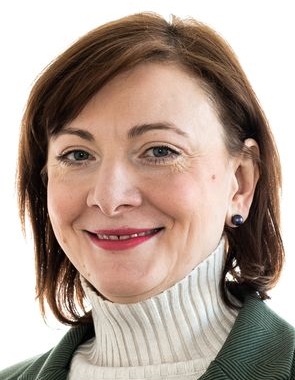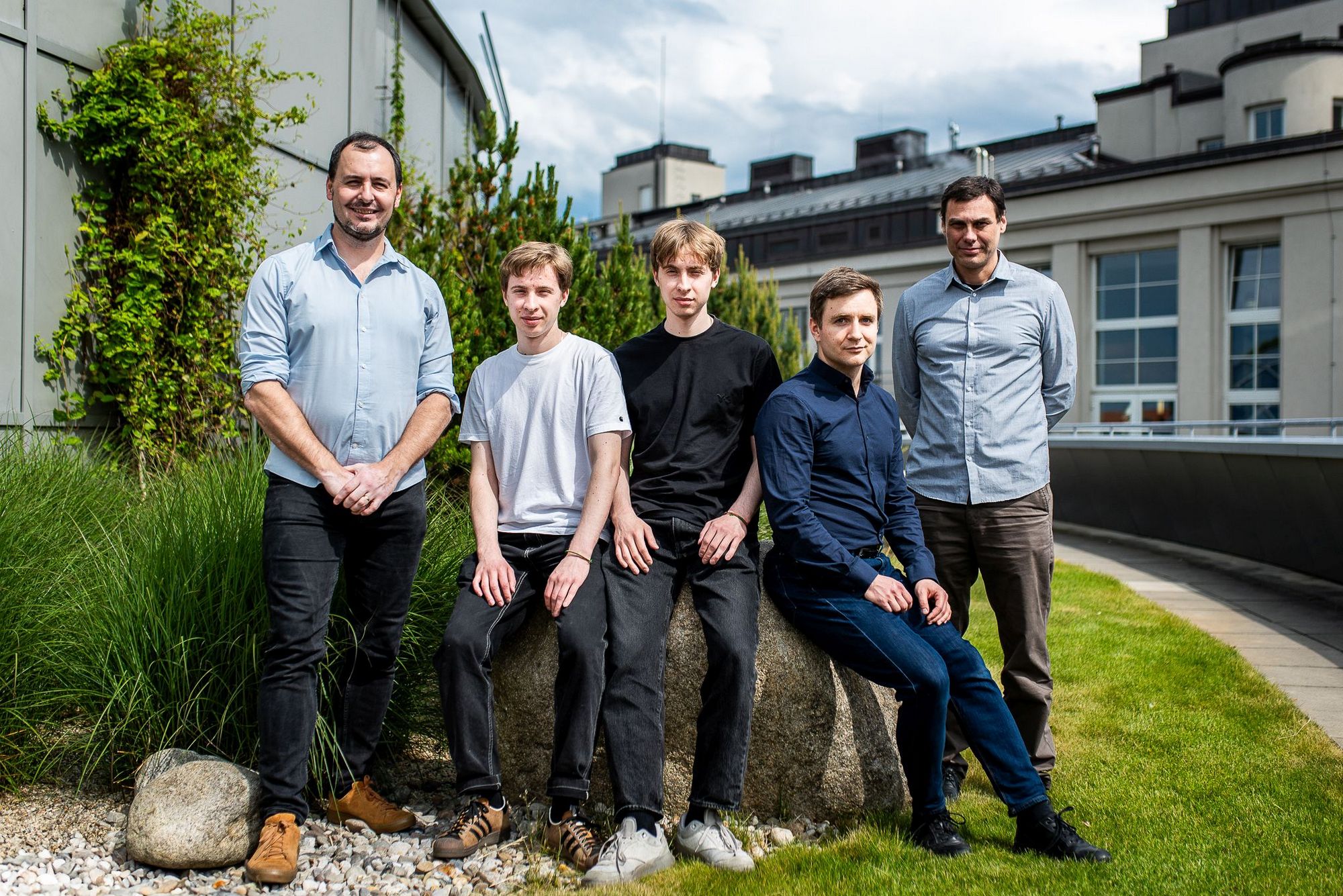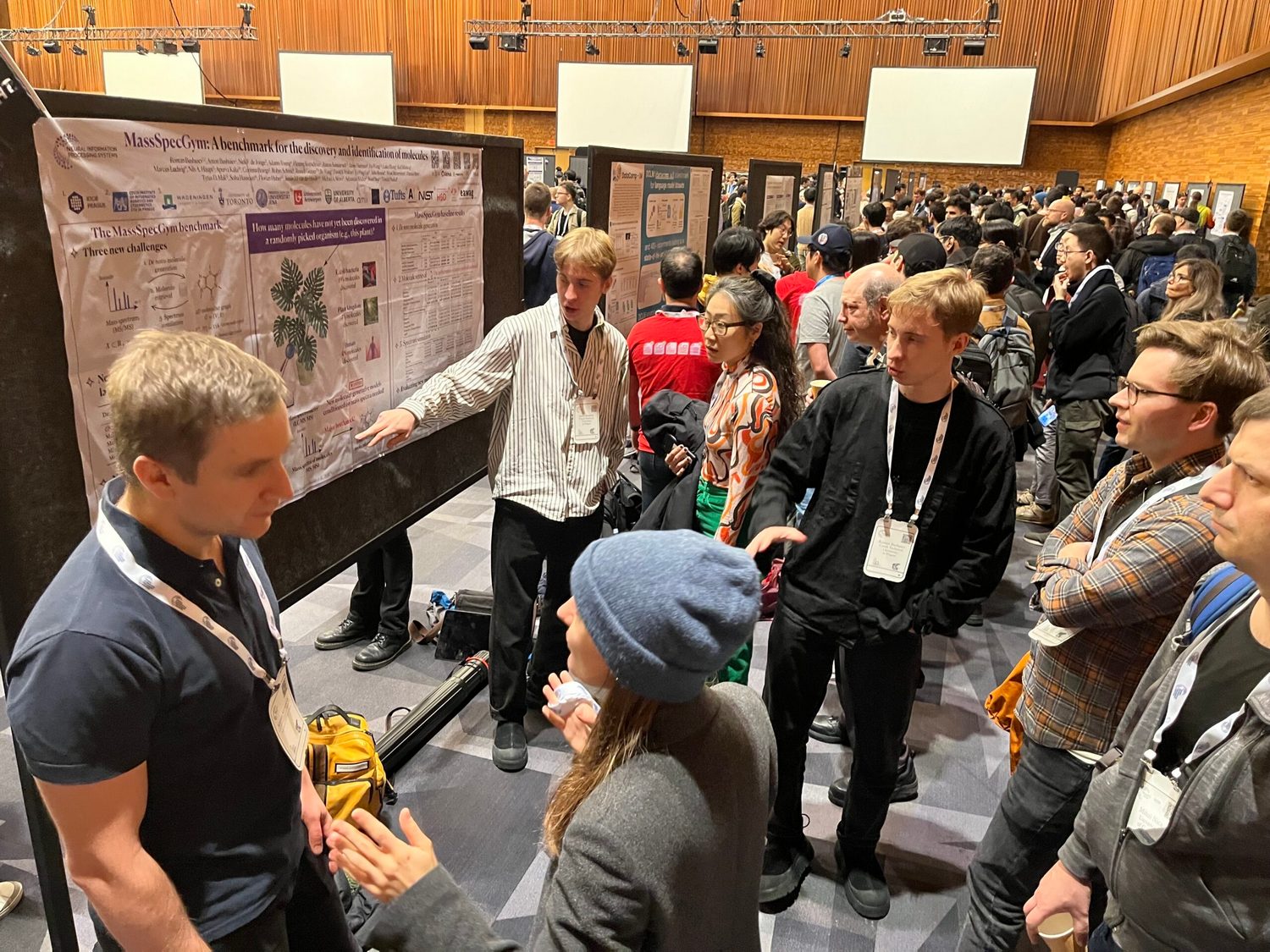The origin of life on Earth – and possibly elsewhere in the universe – studied by the PROTOCELL project from IOCB Prague
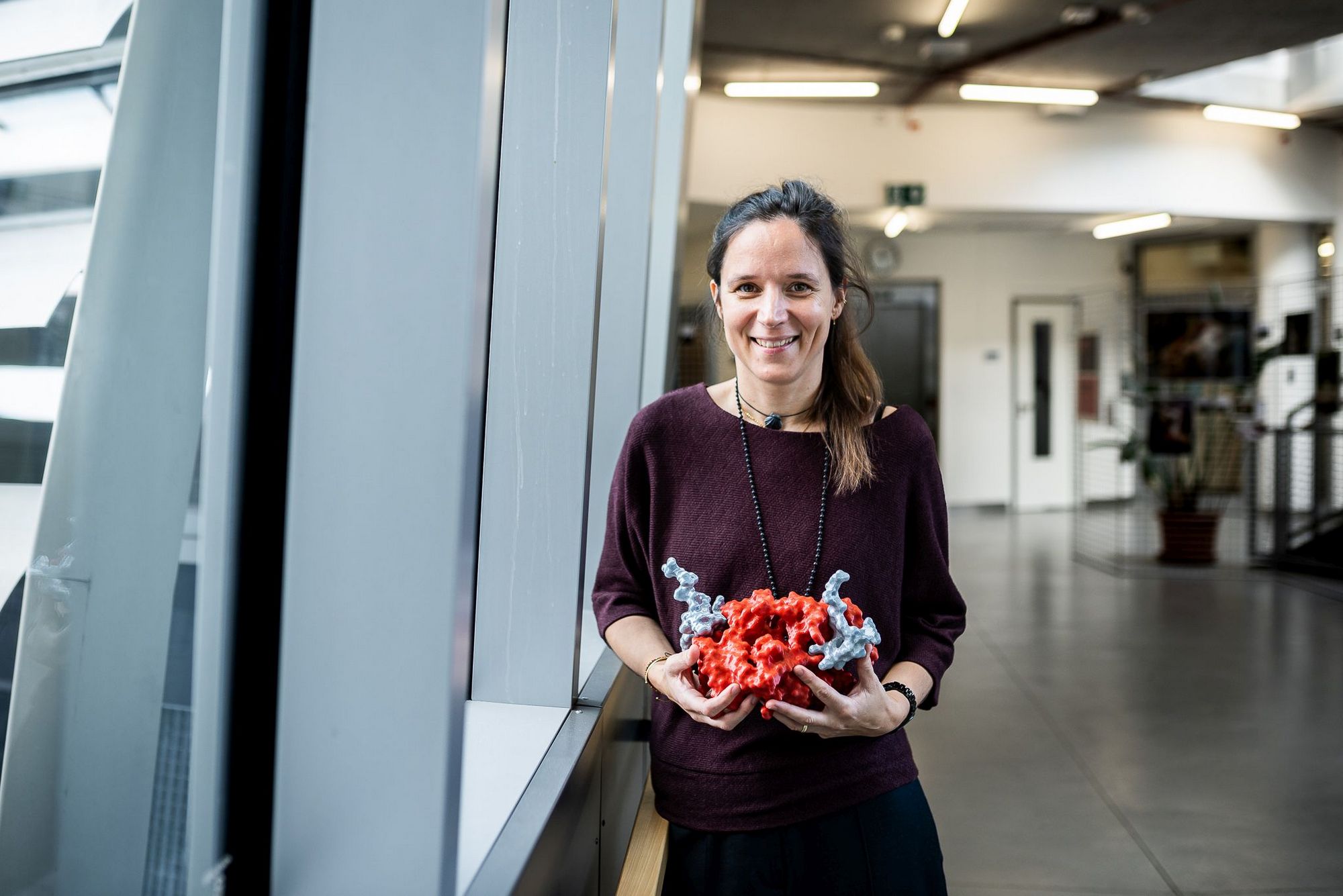
Is life in the universe rare, or might it occur almost everywhere? The PROTOCELL project led by Dr. Klára Hlouchová at IOCB Prague aims to find out. PROTOCELL is one of thirteen Czech scientific and technological experiments supported by the European Space Agency (ESA) that will be included in the planned mission of Czech astronaut-in-training Aleš Svoboda to the International Space Station (ISS).
Protocells are the precursors of today’s cells – an intermediate stage between nonliving matter and life. By studying them, scientists are trying to map how the first living cell could have arisen from simple chemical substances on early Earth. In practice, they are droplets of liquid containing RNA and small proteins (peptides) – molecules essential for life. Their spontaneous formation on Earth has been described, but it remains unknown whether protocells can also form and remain active in weightlessness. The upcoming ISS experiment may help fill this gap in our knowledge.
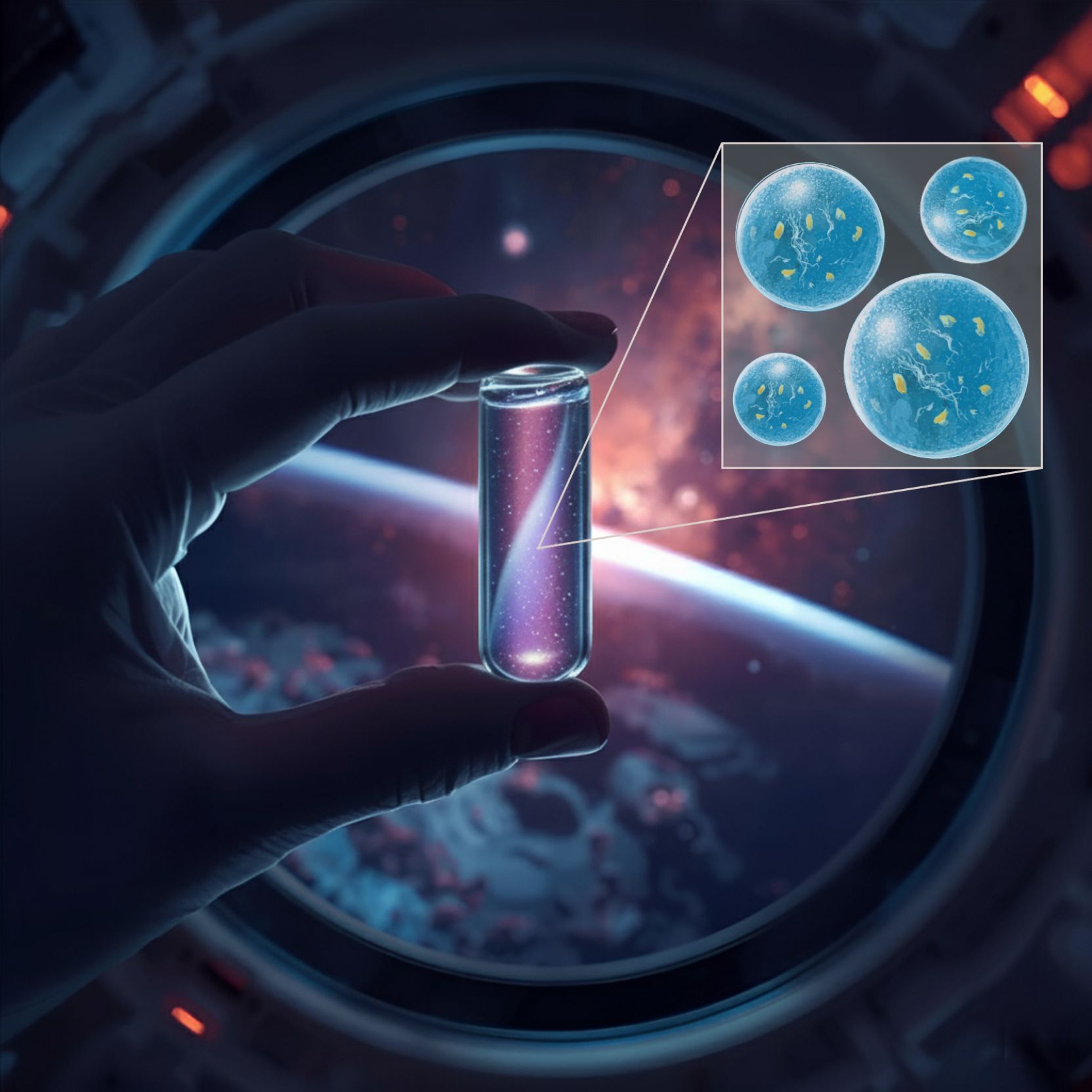
Working with Yuri GmbH, Hlouchová’s team will send small incubators (so-called science shells) into space. Inside these miniature laboratories, solutions of RNA and peptides will automatically mix to form droplets resembling protocells. A built-in microscope will observe them in microgravity for several hours, after which the samples will be frozen for later examination on Earth.
“Having PROTOCELL be part of a space mission means we’ll get to compare the initiation of protocellular processes both with and without the effects of Earth’s gravity,” says Klára Hlouchová. “This will bring us closer to answering whether life originated and develops only on our planet, or whether it could also arise elsewhere in the universe – perhaps even beyond Earth-like planets.”
In protocells, the RNA and peptides assemble into a protoribosome, a precursor of the ribosome, the molecule responsible for protein synthesis in our cells. Dr. Tomáš Pluskal and his team at IOCB Prague will analyze the protoribosome reactions using an advanced and highly sensitive mass spectrometer. Their goal is to determine whether chemical reactions leading to the formation of new peptides – the building blocks of life – take place inside the droplets. The experiment will indicate whether gravity affects the formation and behavior of basic living systems. If protocells also form in weightlessness, it could suggest that the seeds of life may have arisen beyond our planet.
“The question of the origin of life is one of the greatest mysteries in biology, and finding the answer is an enormous challenge for science in the twenty-first century,” notes Tomáš Pluskal. “The impact of such a discovery would be comparable to how the discoveries of DNA or evolution transformed our understanding of life in the twentieth century. I’m very glad that we can contribute to work of such importance.”
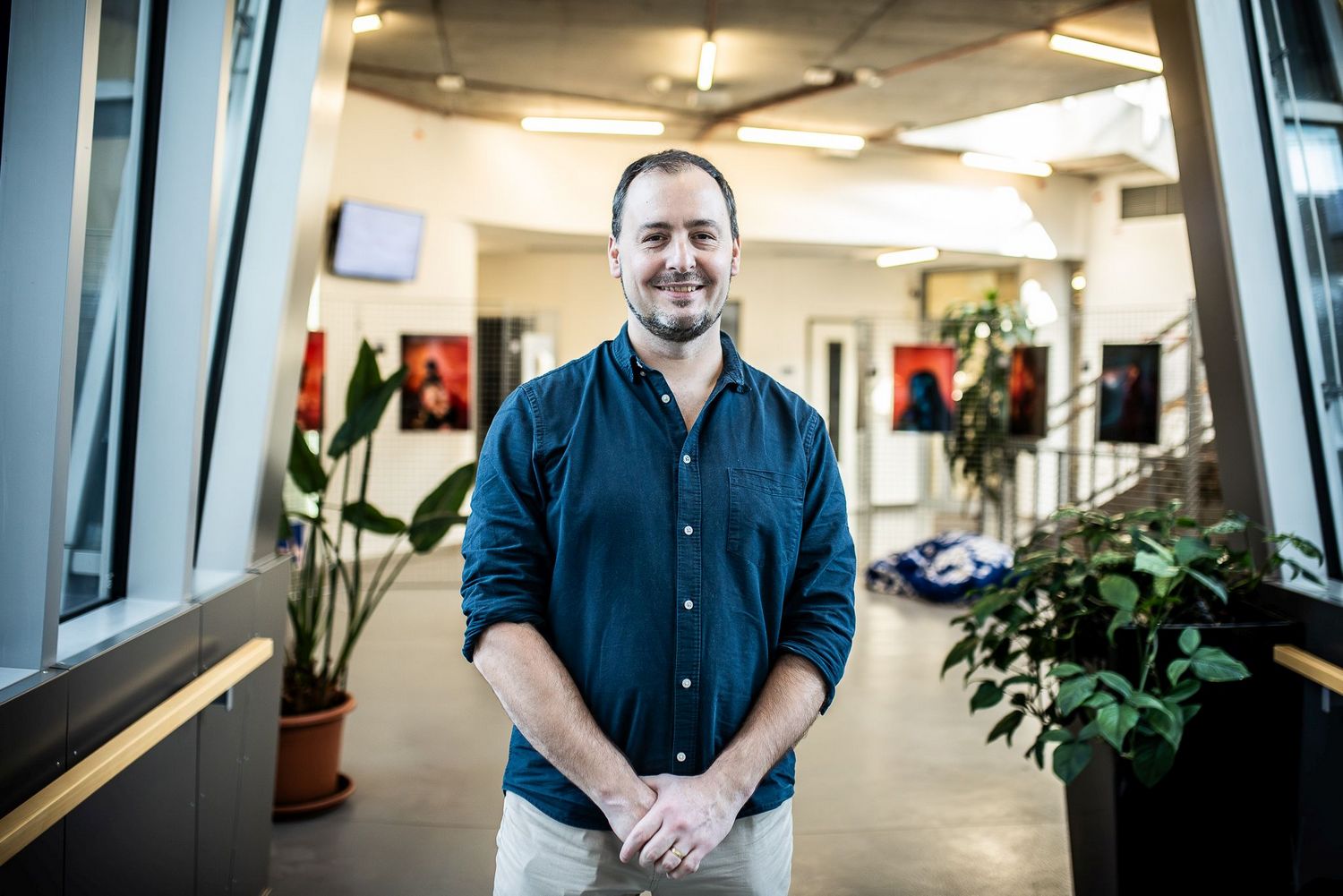
It is already known that cells can survive exposure to cosmic conditions and that bacteria persist deep in Earth’s crust and in permanent ice. The new findings, however, could allow scientists to verify more precisely whether prebiotic processes (the formation of organic molecules) known from Earth might also occur on Mars, on moons, or in dust clouds around stars. One hypothesis suggests that microbial life or its seeds, such as bacterial spores, may have been transferred from such bodies to early Earth, where they continued to evolve into the forms of life known today.
Testing protocellular structures in microgravity also holds strong educational and public-outreach potential. Through this accessible and visually engaging experiment, researchers can help the public better understand how life might originate and spread in the universe and inspire broader interest in science.
The opportunity to take part in the Czech mission to the ISS has generated extraordinary interest among universities, research institutes, and companies across the country. Seventy proposals were submitted in the initial call. In the next round, twenty-five detailed proposals were evaluated, and thirteen of the most promising experiments were selected based on their scientific value, technical feasibility, and operational safety aboard the station. The strong demand for Czech research on the ISS became one of the driving forces behind the creation of the national program Česká cesta do vesmíru (The Czech Path to Space). In addition to PROTOCELL, it includes research on the behavior of the immune system and cancer growth in microgravity, as well as the world’s first nanorobotics project focused on testing microrobots in space. The experiments were presented in detail during Czech Space Week, the country’s largest festival devoted to space activities.
